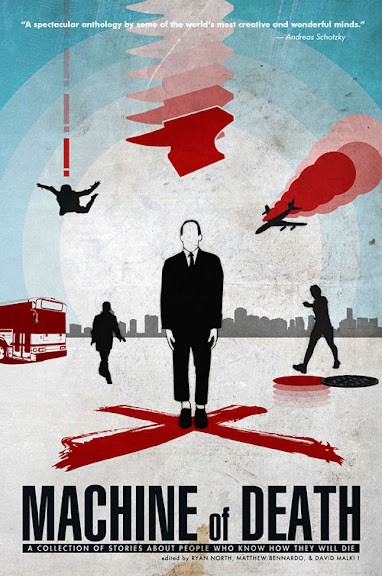The LSE recently hosted Abhijit Banerjee and Esther Duflo who delivered a talk (MP3) about their new book Poor Economics: A Radical Rethinking of the Way to Fight Global Poverty. I had already read about some of their interesting findings– that a small incentive to attend would encourage a big increase in immunisation among poor people (and reduce the cost per immunisation) and that even hungry people when given more money tend to spend it on better tasting food rather than more nutritious food. I didn’t expect them also to comment on academic streaming and on electronic voting but in both cases they had interesting things to say about them from the developing world perspective.
Whatever the problems with electronic voting (and there have been many identified) there is some evidence that because they are more user-friendly for the less literate, in Brazil they apparently helped to increase successful voting by the poor and thus changed the political complexion in their favour.
As for academic streaming, a common argument against it is that the students who are less capable if they are all lumped together are not inspired by the example of more able pupils, and that the able pupils tend to get neglected because teachers have to concentrate on teaching to the lowest common denominator. This may be the case in some educational systems, but one study they highlighted found that less able students benefited significantly from streaming because, they suggest, teachers in India tend to concentrate on helping the most able students.
Although their work has been criticised in some quarters for neglecting the macrolevel systemic and political problems that cause difficulties for the poor, this seems to be mere quibbling–it is beyond the scope of even the most able scholars to give a complete picture of how to tackle poverty. Their approach which concentrates on finding the best solution to a series of common problems of the poor in different contexts using randomised controlled trials seem to me a refreshing and thought-provoking one and if you can’t afford the book I recommend you have a look around their extensive website which includes links to a profusion of relevant studies.


